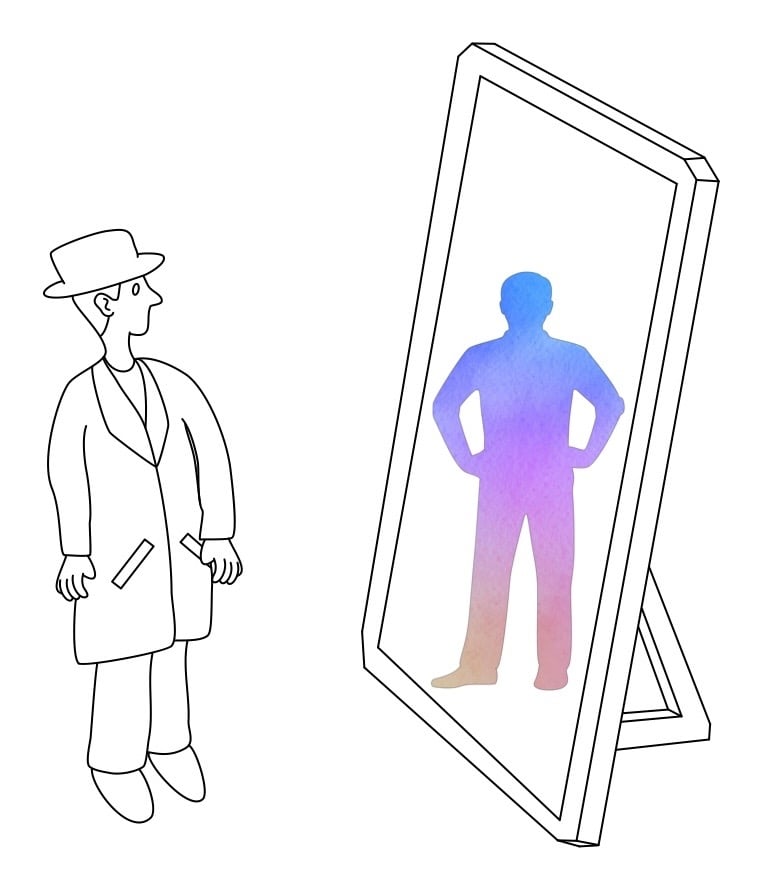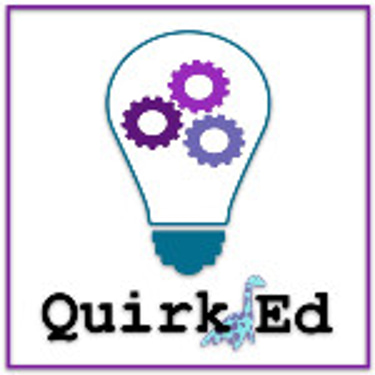Be who you needed
The big feelings caregivers can have watching their learner get support they never did
CAREGIVERSMY THOUGHTS


A note to caregivers of neurodivergent learners:
Neurodivergence is hereditary. If your learner is biologically related to you, look at yourself, look at your partner if applicable, look at your relatives. There’s a very good chance more than one someone on that list is neurodivergent. It might be you.
Maybe you already know this. Maybe you were diagnosed as a child and took it as a given that your own children could be neurodivergent.
Maybe you had a very visceral reaction to me saying it might be you. That’s ok.
A lot of undiagnosed adults see themselves in the children in their lives. A child getting diagnosed shines a light on behaviors, habits, and thought patterns you have been using your whole life. Personally, I could never explain why I disliked so many foods. When my kid was diagnosed with Sensory Processing Disorder at age 2, it was an “Aha!” moment. I may like the flavor of orange but I won’t eat an orange wedge. Texture is everything.
If you are neurodivergent, whether you were diagnosed or not, you might find it surprisingly difficult to watch your learner get help and support you never received. You can be happy for your learner and still be sad for the child version of yourself who struggled so hard without the right accommodations and support. Or you may be envious or even dismissive. “I never got that much help and I turned out fine.” Any of these can be common. It is ok to feel these things, as long as you manage your emotions in a healthy way.
Acknowledge your feelings, but away from your learner. This is a you situation, not a them situation. They cannot be your emotional support on this.
Acknowledge your feelings. Don’t ignore them. It’s ok to be envious or sad. It’s not ok to deny your feelings, cram them down, and have them leak out in problematic ways down the line. Acknowledge them, hold space for them, and then let them go. Whatever happened on your pathway, it got you here where you can be a great source of support for your learner.
“Be the person you needed when you were younger.”
― Ayesha Siddiqi
